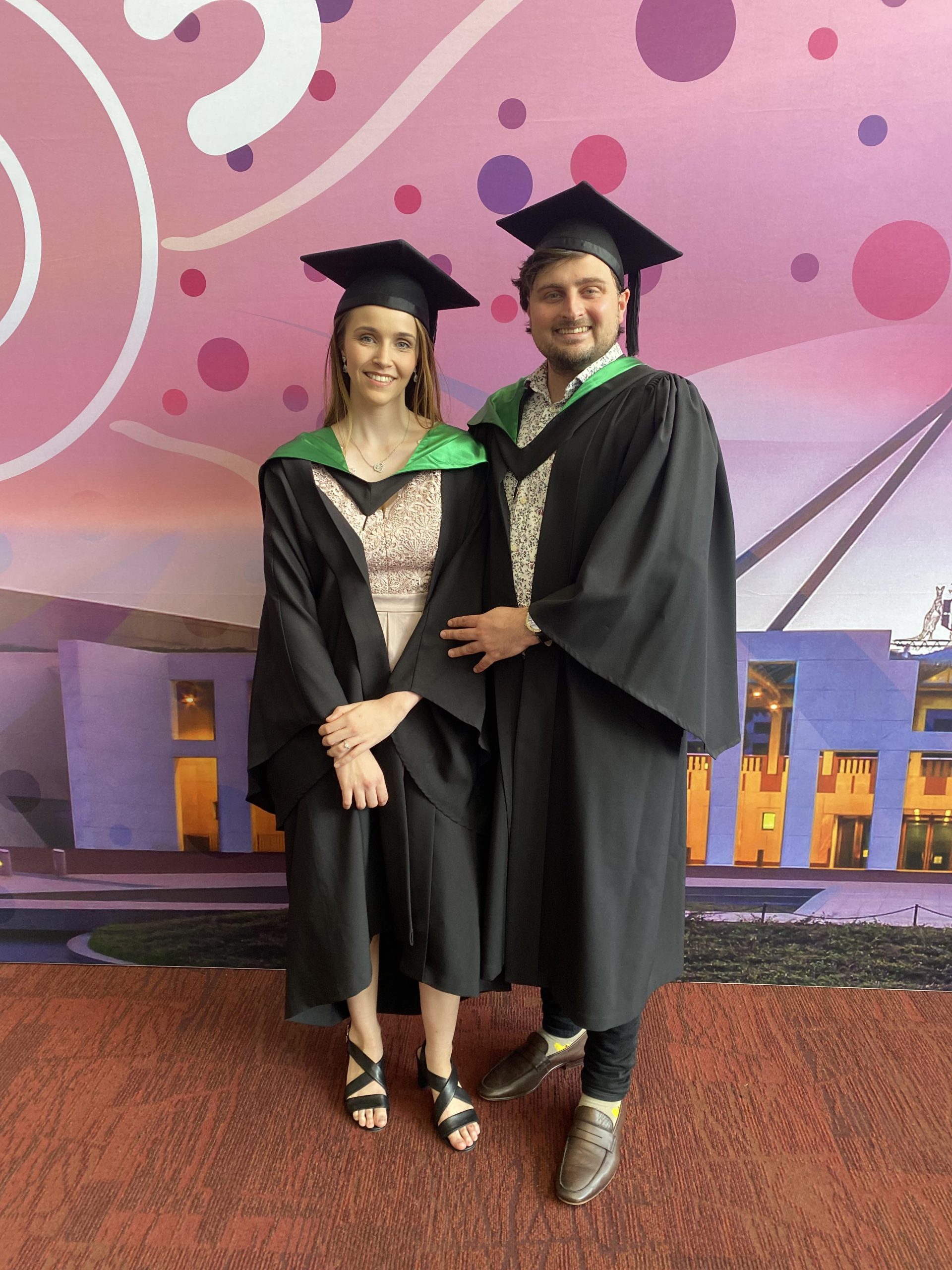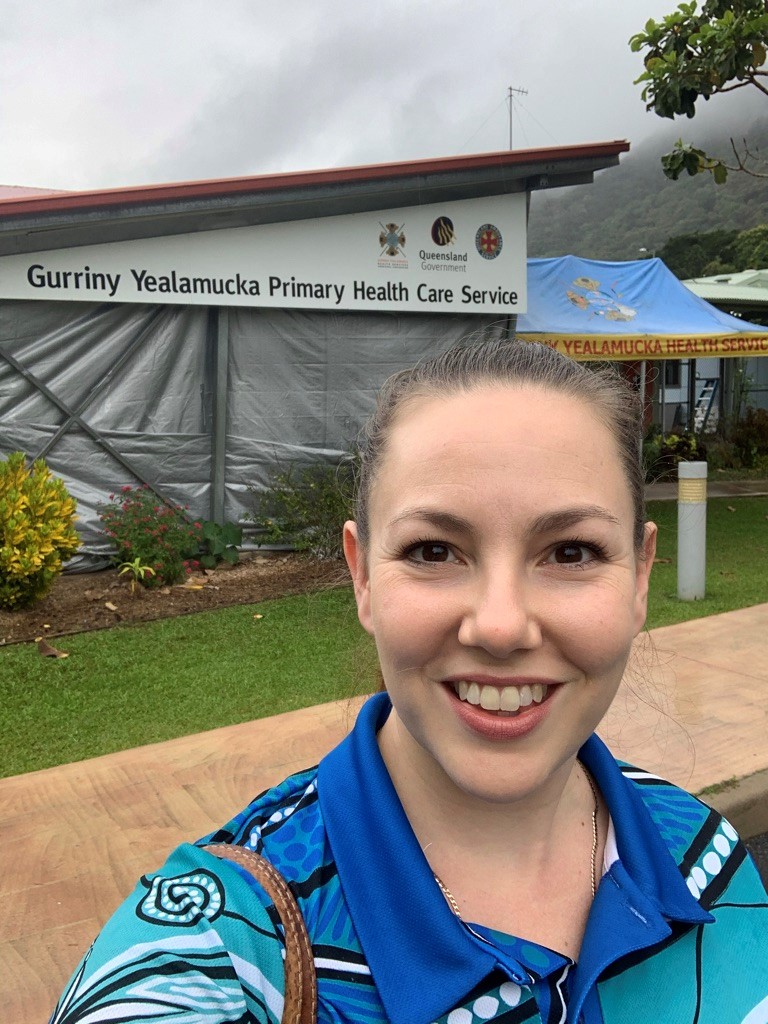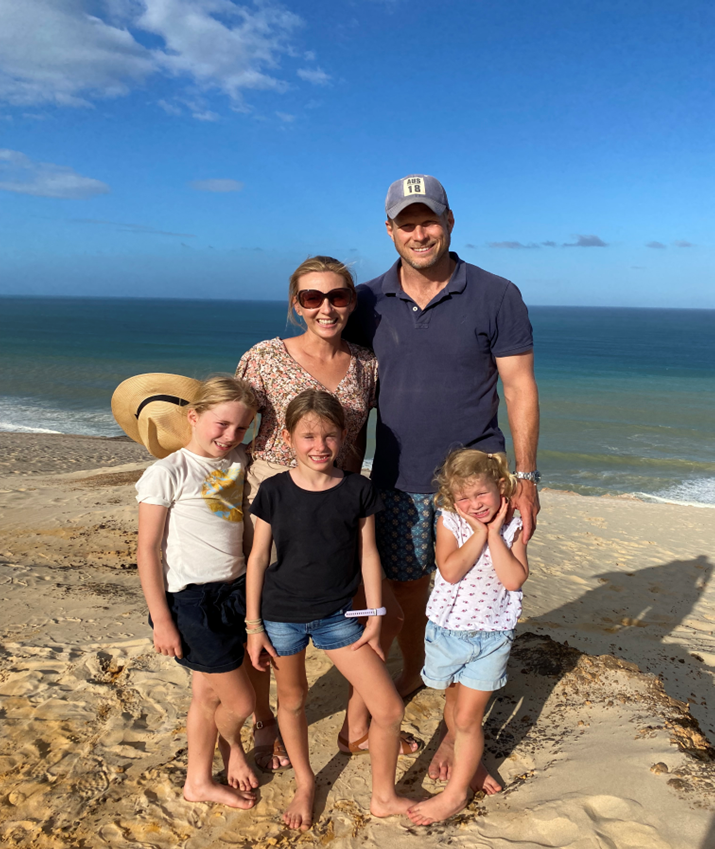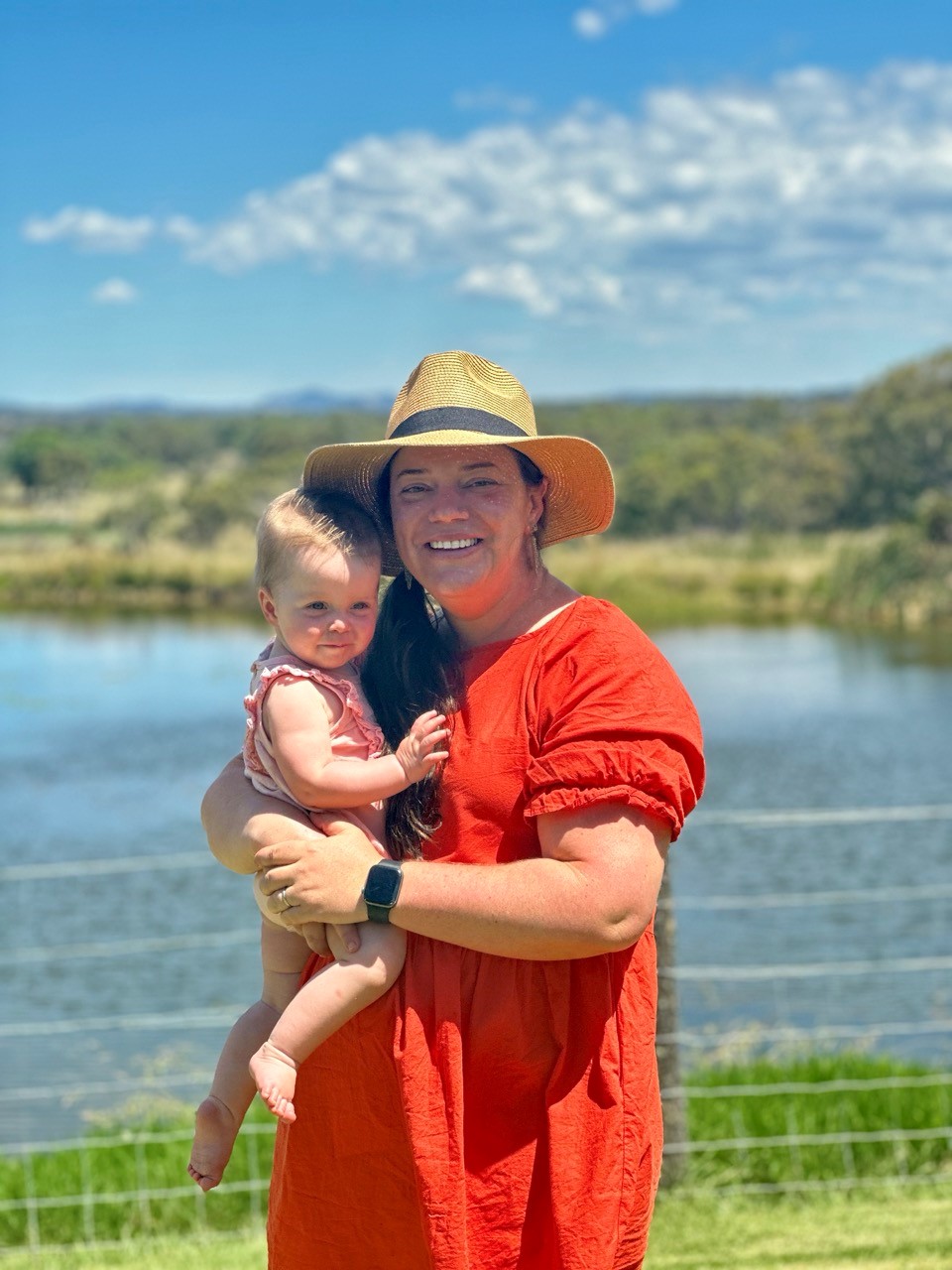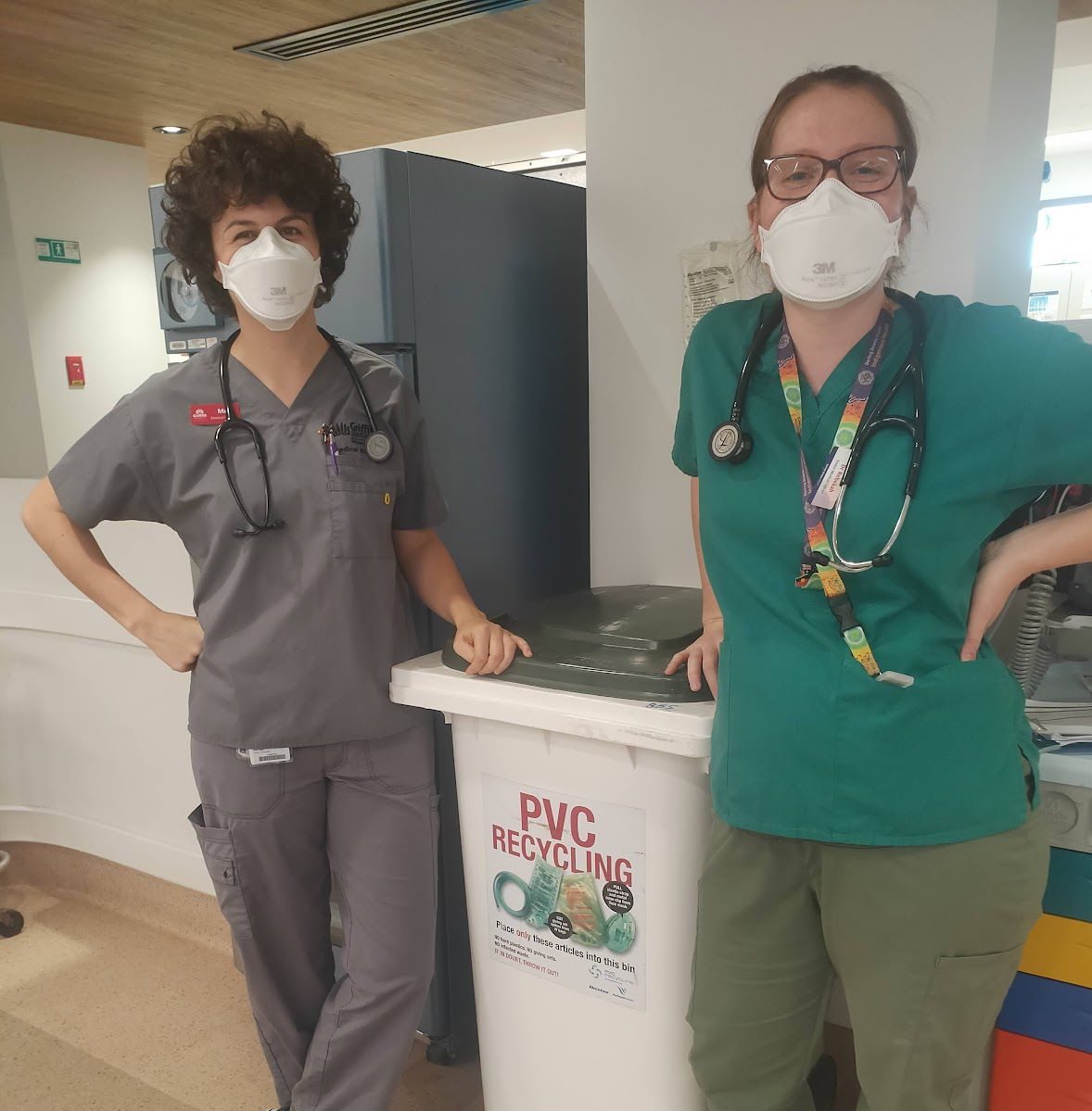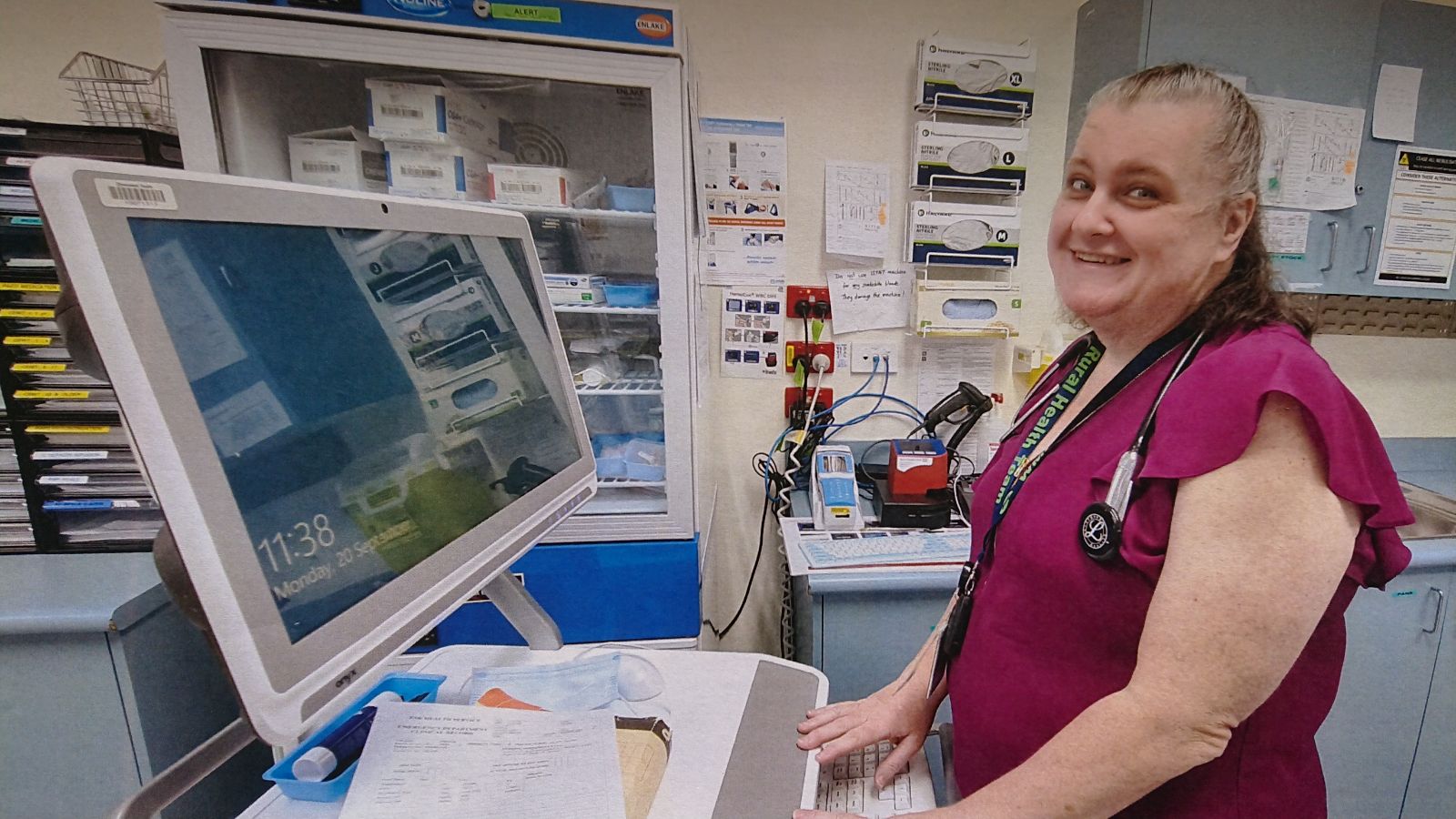Rural Generalists | Warwick (Waringh Waringh country)
Throughout their journey from medical students to practising Rural Generalists, Zoe and Ryan have conquered the ups and downs of medicine together. Zoe and Ryan are one of twenty-two couples in or having completed Rural Generalist training through the Queensland Rural Generalist Pathway. They now enjoy living and working together in Warwick where they are part of a supportive community of local Rural Generalists.
Zoe and Ryan met during medical school at Bond University and quickly ‘bonded’ over a mutual love of music, animals, and Pokémon. Their like-mindedness led them to pursue a career in rural generalism – together.
“We both struggled to find one area of medicine we could see ourselves practicing in for the rest of our careers. Instead, we liked bits and pieces of each specialty. A career in rural generalism leant itself beautifully to a diverse clinical practice. Although we both spent most of our teenage and early adult lives in larger metro centres, we both had early childhood experiences of living in smaller country towns on acreage and were keen to escape the hustle and bustle of the city and go back to our country roots!”
Navigating training together was important for Zoe and Ryan. “Each couple is different, but we both decided early on that we didn’t want our training or career to mean we couldn’t live together, as unfortunately is the plight of many medical/professional couples. We are glad to say we achieved this, and training only presented a couple of potential ‘sticking points’ along the way”.
The ‘sticking points’ were intern allocations and Advanced Skills Training (AST) recruitment. They strategically selected an undersubscribed facility during QRGP intern allocations which ultimately placed them together and were successful in getting their first preference discipline and location during AST recruitment, enabling them to remain at the same facility. “Once you get to your primary rural and remote training time, employers want to keep couples together and will actively seek out ‘dynamic duos’ to come (and ideally stay) in their towns”.
“What attracted us to Warwick as a place to work was the good word of mouth about the culture of the hospital, specifically the support and mentoring provided by several senior Rural Generalist clinicians in town. In addition, there was already an established healthy working relationship between the hospital and local general practice clinics, meaning we could easily fulfill all of our training requirements within the same community. The most important thing was that Warwick felt like a place that we could live and call home”.
Zoe and Ryan joined a close-knit multidisciplinary team in Warwick which thrives on providing the best care for their community.
“When we first moved to Warwick, the COVID-19 lockdowns started, which meant social interaction with our colleagues was limited. Over the last year however, things have picked up and we regularly go to BBQs or events at our colleagues’ houses and properties. Our medical students are often invited to bonfires, bushwalks or cattle roundups. The town itself holds multiple events throughout the year, including the rodeo and campdraft gold cup, the jumpers and jazz festival and celtic festival”.
As Warwick is fortunate to have a relatively stable rural workforce, they have a healthy support system for clinicians when they need assistance.
“At present, Warwick Hospital has 20 Senior Medical Officers (SMOs) on the roster, 6 registrars, 4 interns and our Griffith University RuralMedEd Longlook program medical students. We have approximately 10 emergency beds, 40 inpatient beds, 3 birthing suites and an operating theatre. It is very busy, and we deal with a number of high acuity cases, including major trauma arising from rodeos, farm mishaps, dirt bike accidents and the usual MVAs. Although stressful at times, we have always felt supported by our medical and nursing colleagues, and even now as SMOs ourselves, we will routinely call for back-up and know it will be there”.
In addition to the work at Warwick Hospital, Zoe works at the largest general practice in Warwick, the Condamine Medical Centre. It is a large facility with close to 20 doctors including general practitioners and registrars. In addition to her important and rewarding work in primary care, Zoe utilises her anaesthetics advanced skill for private patients undergoing procedures on an ‘intermediate list’ with private surgeons who use Warwick Hospital’s facilities. “Like the hospital, the clinic is extremely busy, and like many rural communities there aren’t enough appointments to keep up with the patient demand”.
Zoe has also held several representative roles during her training including Chair of the ACRRM Registrar Committee and as an inaugural member of the QRGP’s Trainee Advisory Group.
“Involvement in committees has allowed me to advocate for the future of rural generalism and promote its recognition as a valid and rewarding career pathway. It’s provided me with perspective on how lucky we are in Queensland, as many of the other states are still working on ensuring proper recognition and renumeration of the field. The Registrar Committee has representatives on every council within ACRRM, which is quite unusual for a medical college, so the registrar voice is heard. Some of the work I have been involved in was updating the ACRRM procedural skills logbook, ensuring the fairness and transparency of examinations, advocating for the procedural grant to be extended to our non-procedural AST colleagues, and liaising with ACRRM and other key stakeholders on the transition to college-led training”.
Although rural generalism can be an intense vocation, Ryan and Zoe have curated a sustainable work-life balance that allows them to enjoy the simple things in life. “It has been a struggle at times but working in a larger facility, like Warwick, has allowed us to cut back on our full time workload. A lot of our time away from work is spent on our hobby farm, which is getting more ambitious with each passing year. The current count is 2 dogs, 2 cats, 2 goats, 17 chickens and 1 horse. Before or after a busy or stressful workday, there is no better way to ‘switch off’ than by spending time with the animals or getting stuck into a new project in the yard”.
“Both of us try to maintain other interests outside of work, though there are admittedly times where they do take a backseat. Both of us play musical instruments to varying levels of competence, and we both have other pastimes we enjoy; for Ryan it’s weightlifting and racecars, and for Zoe it’s horse riding. Full disclosure, we are still working on the cooking side of things, we are a touch too reliant on takeaway!
As for navigating training as a couple, Ryan has some words of wisdom for future trainees on the journey together.
“The best advice I could give to colleagues is to come up with a way to avoid taking work home. A colleague of mine, who is a long term social worker, will physically take off her imaginary ‘work hat’ before entering her home, and will put it back on when she arrives at work. Zoe and I personally try to do a quick, casual debrief chat when we get home and then not talk about work again. Make sure you fill your life with personal goals, and if you feel you have no time left outside of work, that means you’re likely prioritising work over your wellbeing. Be kind to yourself, 10-15 minutes a day of dedicated time to a musical instrument or a run (or something you enjoy doing) can make the world of difference.”
Ryan and Zoe look forward to their future as Rural Generalists in Warwick, which they hope will bring, “more land… more animals… and continuing to provide the best care we can to our community!


